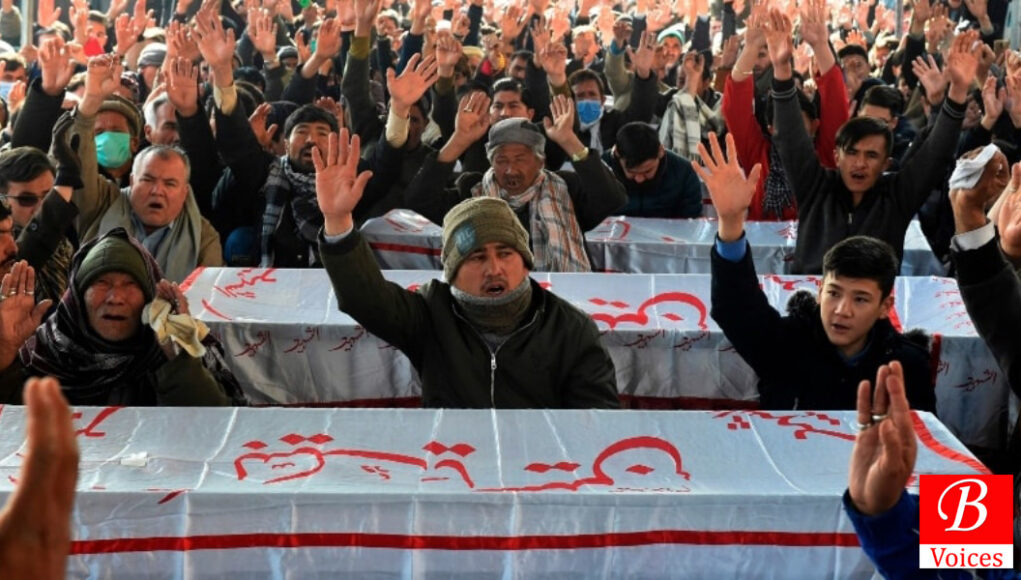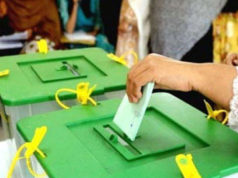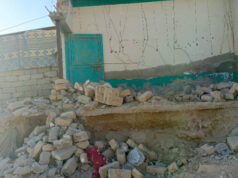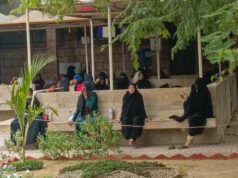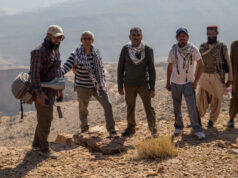Ali Jan Maqsood
Waseem Yosufi lives in Russia. He hails from Balochistan’s Quetta city. He belongs to the Hazara community and is one of the immigrants who was compelled to flee the country due to not having any job and education opportunities here. Despite being a talented youth, he lacked enough documents – including the Computerized National Identity Card (CNIC) and Passport – which the government was not issuing owing to his identity as a Hazara. However, he succeeded to get a scholarship through which he went to Russia and then never returned.
“Despite being born in the country (Pakistan), I was treated as an alien,” Yosufi said with grief. He said that he was never willing to leave his country only if the authorities had not forced him to do so. “I still remember the days I spent there in Quetta, but when it comes to thinking of returning back, I foresee the same rude attitude of being a guest in my own land,” Yosufi said while recalling his old days.
Yosufi complained that he had to visit all the Quetta district and provincial officials for declaring him as a local of the province, but he received negation from all the offices. He added that instead of getting issued with a Pakistani national card, he got to secure an ‘Afghan card’ through which he applied for a scholarship of Russia and then got to settle down there in Russia. “How hard it is to get a card of another country as your country that too by the administration of your own country,” he added, anguishing that his own home country disowned him while they issued him the identity of a foreign state.
He said that despite the fact that he still misses his homeland, he feels that one of the best changes he has experienced in his life since moving abroad is being part of a wholly new world with people from different backgrounds. “Here people are living peacefully regardless of their religion, color, race, or nationality,” he told me. He expressed love and willingness to return back to his home country only if he were not ill-treated. “Despite feeling unwanted, I will always love to come back as Pakistan is my birthplace,” he concluded.
Yosufi is not the only one from the Hazara community of Quetta to have left, or forced to leave, his hometown due to socio-economic and political challenges. Several other Hazaras have turned to, and eyed, the foreign countries as a place where they can ensure a future free from socio-economic and political challenges. Many go through the legal channels and then do not come back, while several others choose the other way, either from neighboring Afghanistan or Iran.
Wajiha Ali, 22, hails from Quetta’s Marriabad suburb, belonging to the Hazara community. She is a student of International Relations in the Balochistan University of Information Technology, Engineering and Management Sciences (BUITEMS). Her father, Muhammad Ali, is a victim of a similar attitude. Visualizing no future for his children by staying in Quetta, her father turned to Australia back in 2012 to work there and get a better stipend so that he could bring up his children in a far better way. One other reason of her father’s immigration, along with the socio-economic challenges, was the fear of persecution which was steadily rising in Quetta. Despite having the ‘Pakistani identity’, her family was afraid to send her father outside for work in the fear that he may not return alive.
“My father could not manage to make it to educational institutions due to our identity crisis back then,” Wajiha said. She stressed that as they were a middle-class family, they had to strive hard to get the required amount for her father’s arrangements in Australia. She recalled that her father lend money from her close friends and family and managed to get out of the country. Due to certain administrative challenges, her father had to face job and security issues here in the country. She said that it was hard to live without their father, but all they could afford was her father’s living abroad. “It is very tough for a family to live at a long distance far from their loved ones just to get some better days ahead,” she said dishearteningly and with almost tearful eyes.
It is not about one family only but so many of them live, or lived, in Quetta city. Yasin Ali, a student of Peace Studies at the National Defense University, told me that there is an estimated number of 0.8 million Hazaras who live in the capital city, out of which almost half are yet deemed as Afghan migrants. The last option they get, when they do not succeed in getting citizenship in the country, is to put efforts to migrate to the USA, Europe, or Australia, either through scholarships or other illegal means. As of an estimation, some 150,000 Hazaras have so far migrated, legally and illegally, to the aforementioned regions, most of whom failed to secure the Pakistani national identity.
Wajiha and her three siblings studying at school are still suffering from the long distances they have with their father, while Waseem Yosufi still dreams to get back to his homeland. Had it not been for the security and socio-economic challenges here in Quetta and in the entire State, both these Hazaras, and hundreds more, would have not fled the country. The administration’s behavior here, as they mentioned, has compelled them to go out so as to get a better life. But, the community’s members still prefer their birthplace, only if their safety is ensured and the Pakistani State behaves with them as citizens and not foreigners.
The writer is a student of Law at University Law College Quetta and tweets at @Alijanmaqsood12.
Share your comments!


